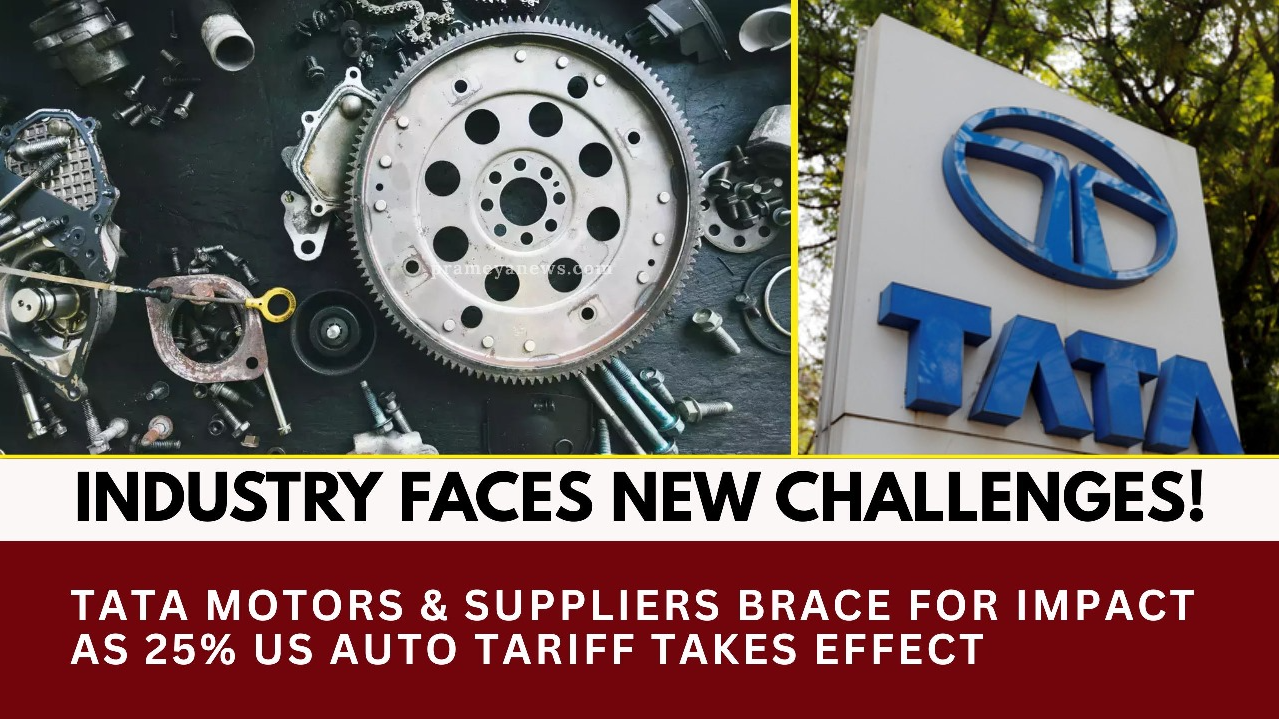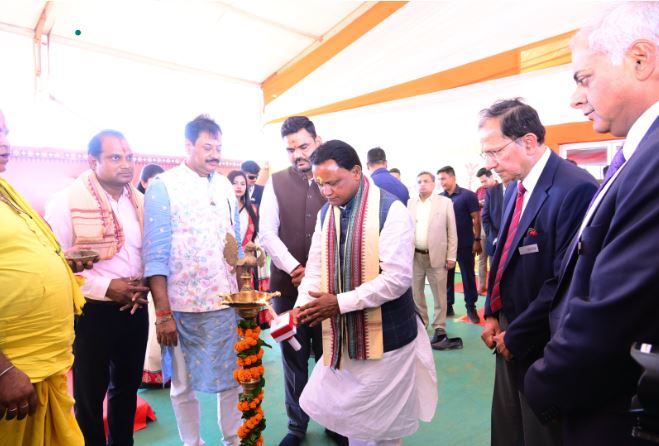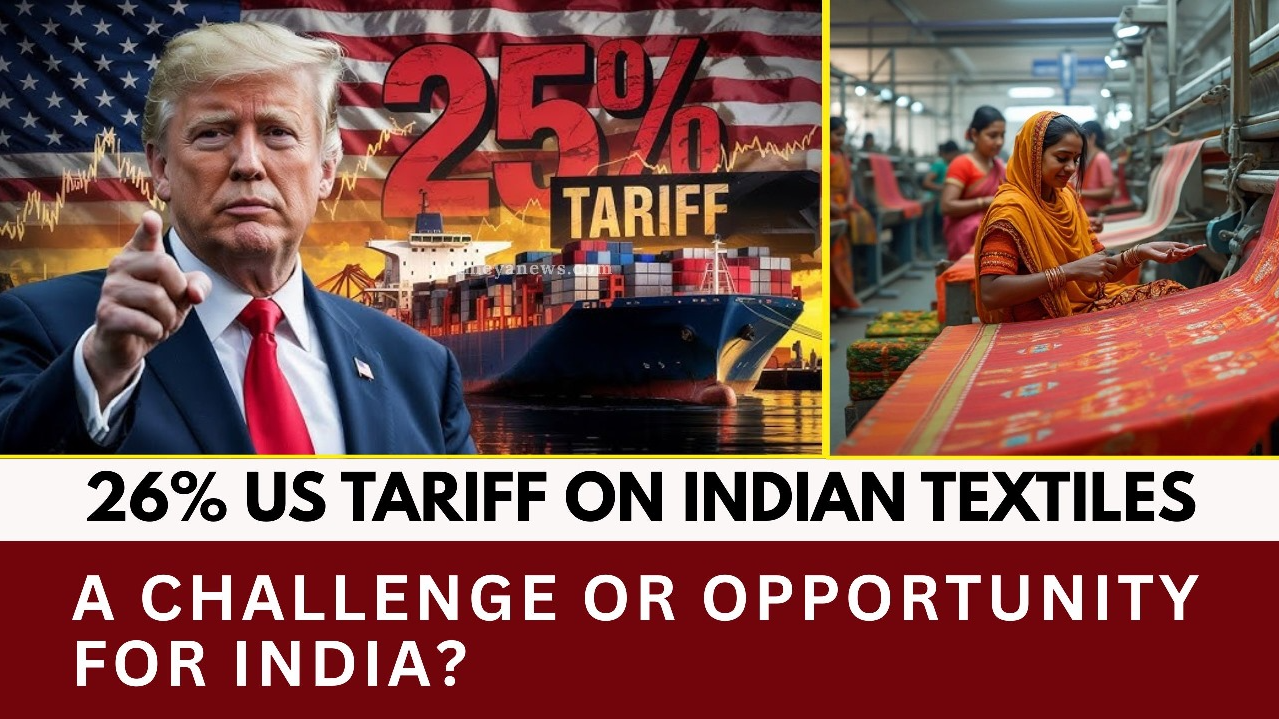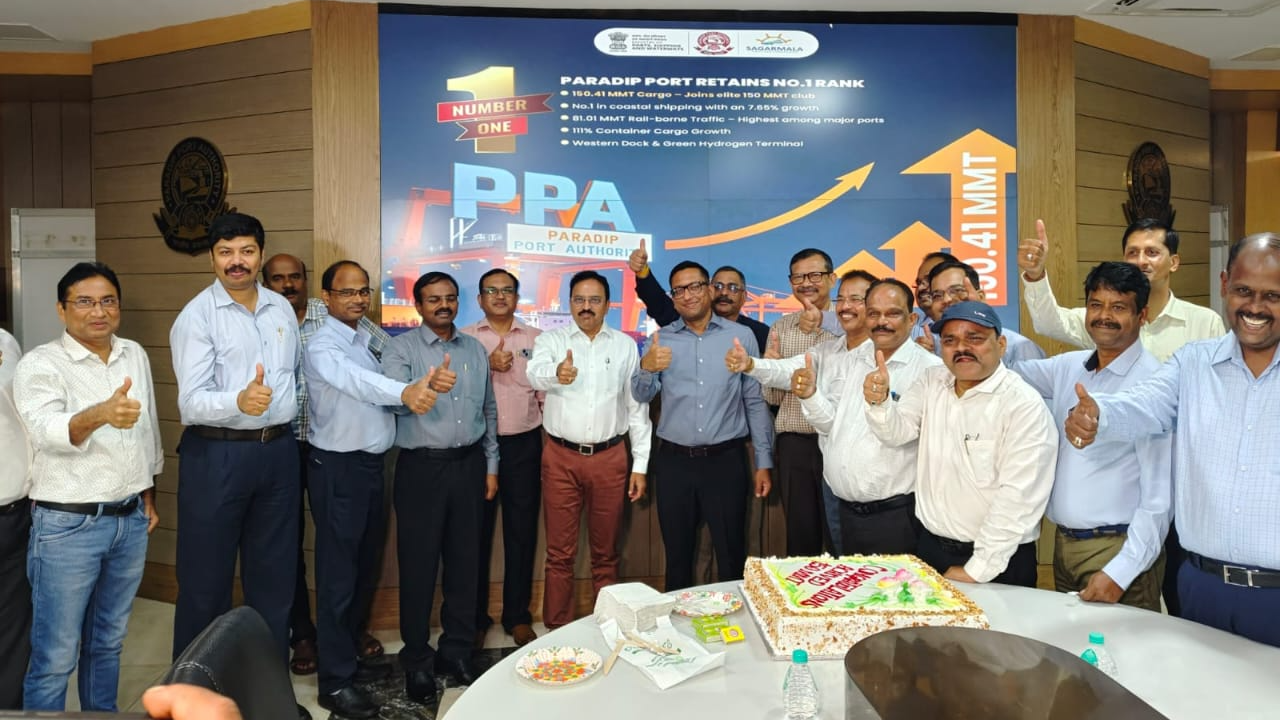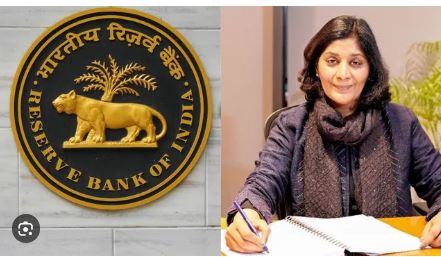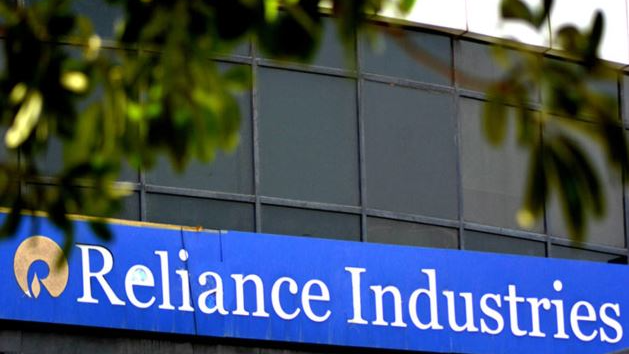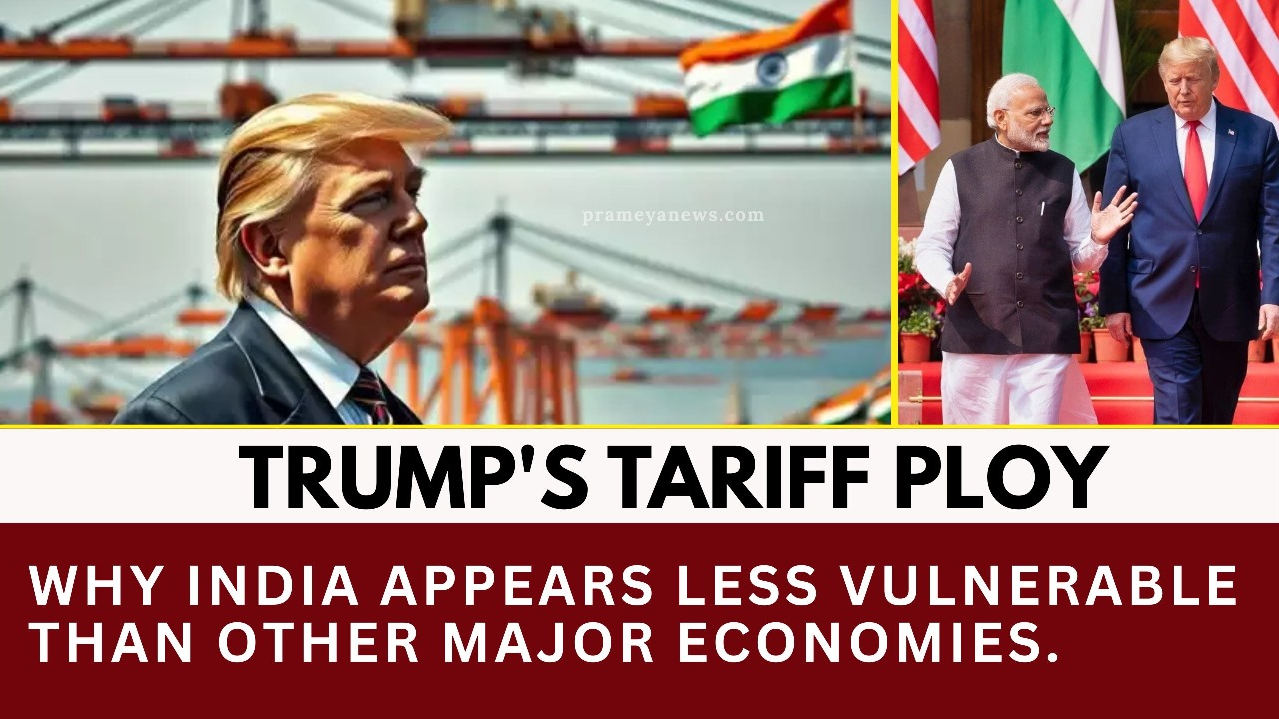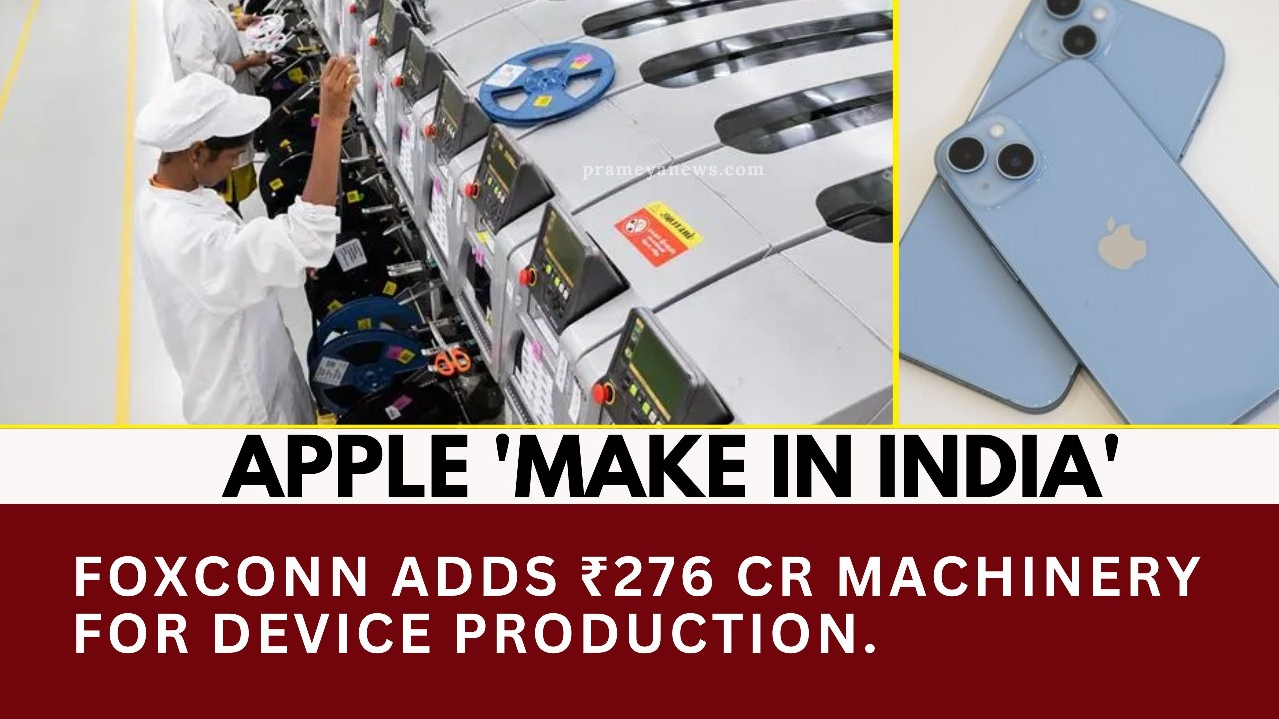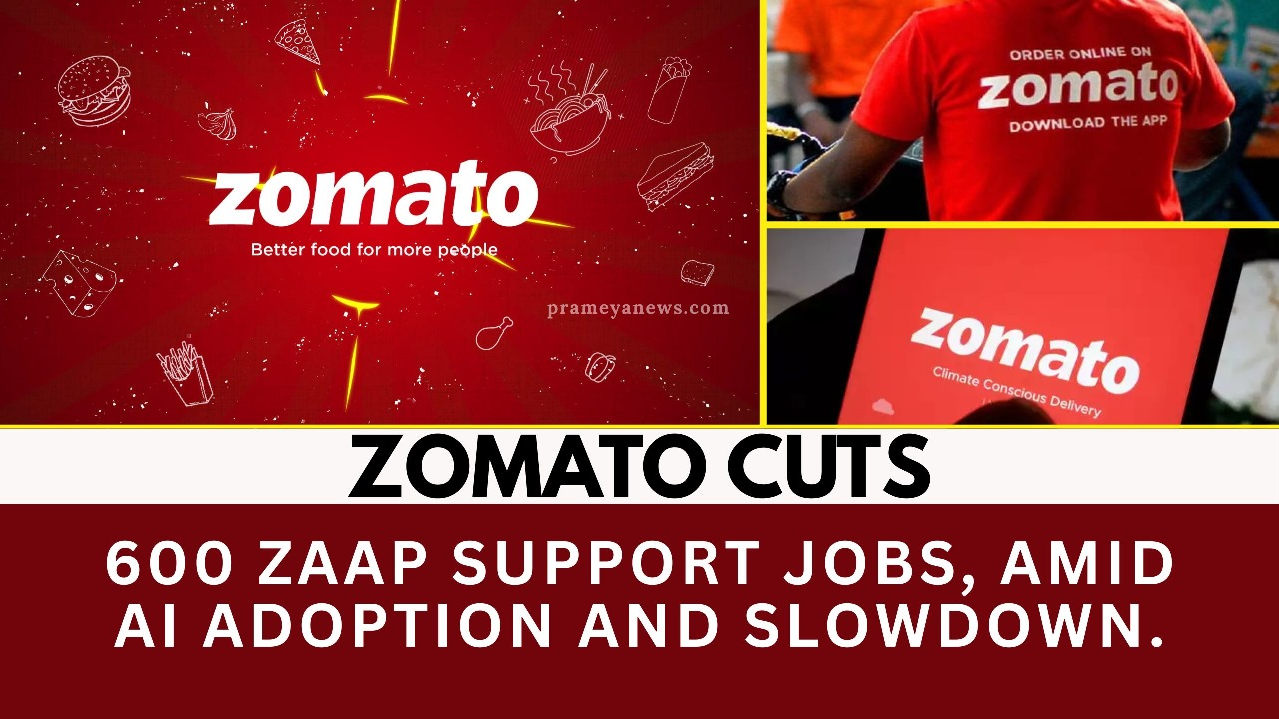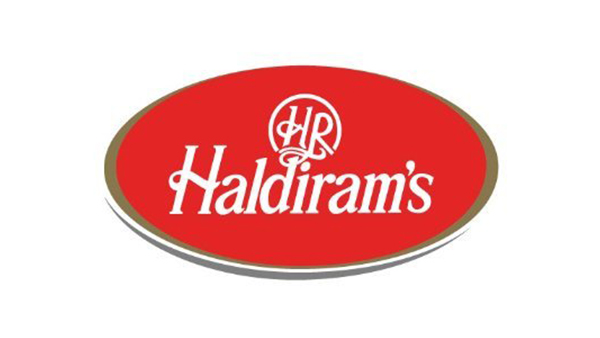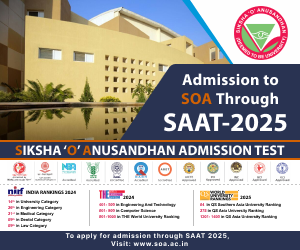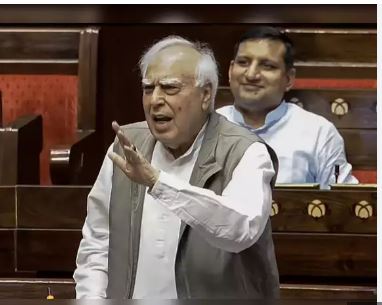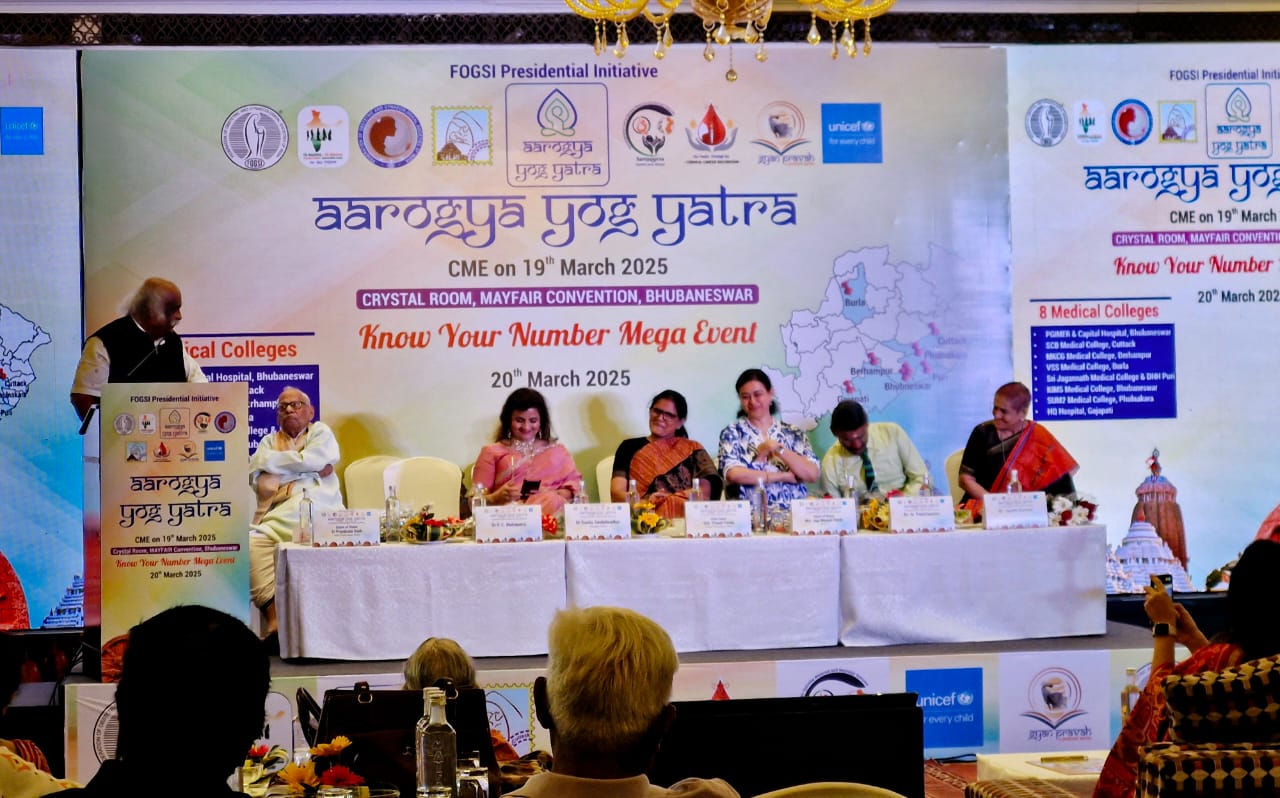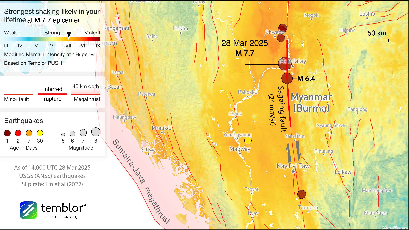US Tariffs Pose Hurdles for Indian Auto Sector
The Indian automotive industry is bracing for potential headwinds following the confirmation of new US import tariffs. Set to take effect today, April 3rd, a 25 percent tariff on foreign automobiles entering the US could ripple through the supply chain, affecting both vehicle manufacturers (OEMs) and component suppliers. A similar tariff on auto parts is anticipated starting May 3rd.
Impact on Vehicle Manufacturers (OEMs)
While India's direct export of fully assembled vehicles to the US market is relatively limited, certain players are more exposed than others.
Tata Motors: The company faces a potentially significant impact due to its ownership of Jaguar Land Rover (JLR). North America is a crucial market for JLR, accounting for a substantial 36 percent of its total sales volume in the third quarter of the financial year 2025 (Q3 FY25). The new tariff structure could negatively influence JLR's performance and, consequently, Tata Motors' financials.
Eicher Motors: A marginal impact is anticipated for Eicher Motors. While the US is a key export destination for its Royal Enfield 650cc motorcycles, this specific segment constitutes a smaller portion of the company's overall sales volume.
Mahindra & Mahindra and Maruti Suzuki: These manufacturers, with their strong focus on the domestic Indian market for production and sales, are expected to be largely insulated from the direct effects of these US import tariffs.
Effects on Auto Component Suppliers
The auto ancillary sector, which supplies parts both domestically and internationally, faces a more direct challenge. India's automotive component exports are significant, reaching $21.2 billion in FY24. During the first half of FY25 alone, component exports to the US amounted to $3.67 billion. The US, along with Europe, represents a major share (around 4.5%) of the $1.2 trillion global trade in auto components.
Companies with considerable revenue exposure to the US market are particularly vulnerable:
Sona BLW Precision Forgings: With 43% of its revenue derived from the US, the company is likely to feel a severe impact.
Bharat Forge: Its established presence in the North American truck and auto component market makes it susceptible.
Ramkrishna Forgings: Approximately 26% of its standalone revenue is linked to North America (including exports routed via Mexico).
Samvardhana Motherson International (SAMIL): Possessing a substantial business footprint in the US, SAMIL is also expected to experience a significant effect.
Navigating Trade Uncertainties
The imposition of these US tariffs introduces a new layer of complexity for the Indian automotive sector. While domestic-focused players might be shielded, companies heavily reliant on the US market, either through direct vehicle exports (like JLR via Tata Motors) or component sales, will need to navigate these potential cost increases and trade friction. The coming months will likely see affected companies evaluating strategies to mitigate the financial impact of these new trade barriers.







